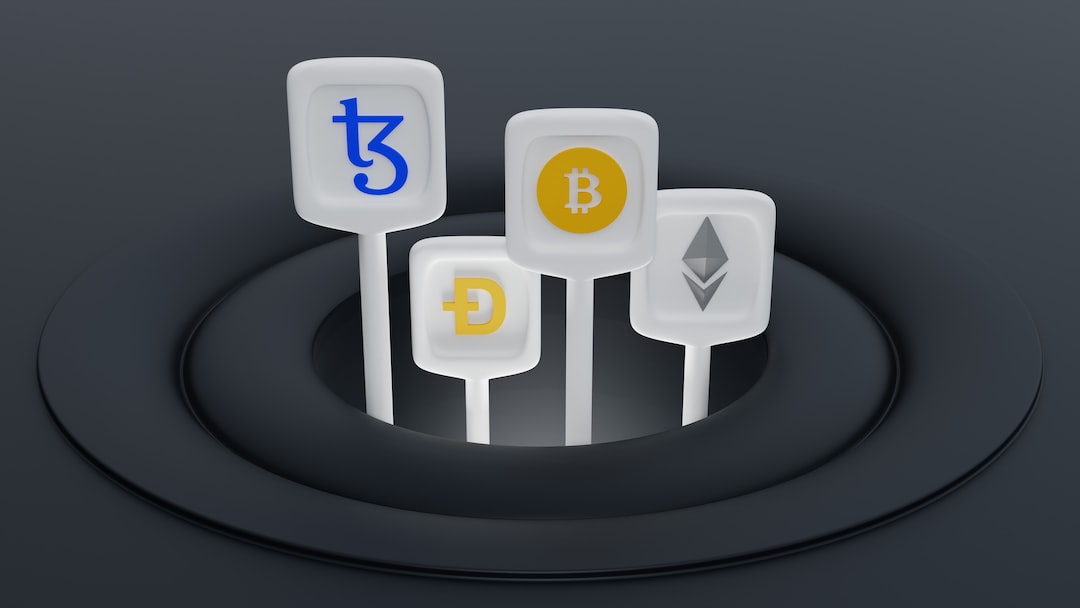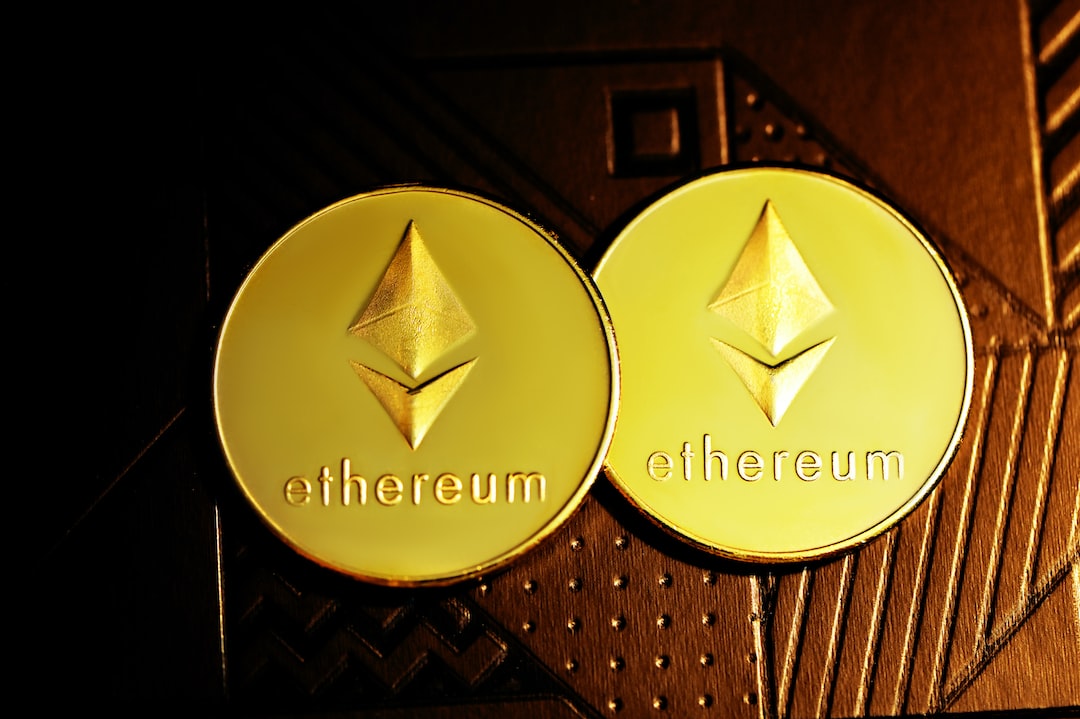Tokenization: A Solution for Inclusive Ownership
Have you considered the relationship between tokenization and homeownership? Tokenization revolutionizes the concept of ownership by allowing it to be divided into smaller, more accessible units. As the wealth gap widens and homeownership becomes a privilege passed down through generations, tokenizing real-world assets (RWAs) offers a solution for more inclusive ownership.
Tokenization enables individuals, especially younger generations, to engage in fractional ownership and diversify their investments. Instead of purchasing an entire property, you can invest in a fraction of a house or multiple properties simultaneously, achieving portfolio diversification.
Traditionally, valuable assets like real estate were only available to high-net-worth individuals or institutions. Tokenization opens up these assets to a broader range of people and increases liquidity for historically illiquid assets. It also introduces alternative models for capital mobilization through crowdfunding for real estate ventures or startups.
Challenges and Roadblocks
While tokenization holds promise for democratizing ownership, there are several challenges that need to be addressed. Technological accessibility, internet connectivity, and understanding blockchain are crucial factors for the broad acceptance of tokenized RWAs. User-friendly services must be developed to handle risks and simplify the complexities of blockchain technology.
Market demand and supply may not always align in tokenized asset markets, creating mismatches between buyers and sellers. Additionally, determining the value of tokenized RWAs can be difficult, especially for unique or illiquid assets. Regulatory inconsistencies across jurisdictions further complicate the process, highlighting the need for clear legal frameworks.
Market Initiatives and Solutions
The industry is actively addressing these challenges through collaborative initiatives and standardization efforts. Projects like SWIFT and Chainlink bring together banks and financial market infrastructures to tackle issues of blockchain interoperability. Common token standards and protocols are being developed to enhance interoperability across different blockchain platforms.
Financial market infrastructures (FMIs) and banks play a critical role in bridging traditional and tokenized markets, ensuring fair access to liquidity. User-friendly options, such as wallet abstraction solutions, are being provided to simplify the adoption of blockchain technology for less tech-savvy individuals and institutions.
The Future of Asset Tokenization
The tokenization of RWAs is an industry that will continue to grow as more assets are tokenized and investors become comfortable with the concept. This increased adoption will drive technological advancements, regulatory developments, and hybrid models combining traditional financial instruments with tokenized assets.
Although this transition will take time, its impact on future generations will be revolutionary. The course has been set, and asset tokenization is here to stay.
Hot Take: Tokenization’s Role in Inclusive Ownership
Tokenization offers a solution to the growing wealth gap and exclusivity in homeownership. By dividing ownership into smaller units, individuals can engage in fractional ownership and diversify their investments. Tokenizing assets like real estate opens up opportunities for a broader range of people to invest in traditionally inaccessible assets.
While there are challenges to overcome, such as technological accessibility and regulatory inconsistencies, market initiatives and standardization efforts are actively addressing these issues. The future of asset tokenization looks promising, with increased adoption driving advancements in technology, regulations, and global market practices.
A more inclusive ownership landscape is on the horizon, where individuals from all backgrounds can participate in investment opportunities previously reserved for a privileged few.





 By
By
 By
By
 By
By
 By
By
 By
By
 By
By